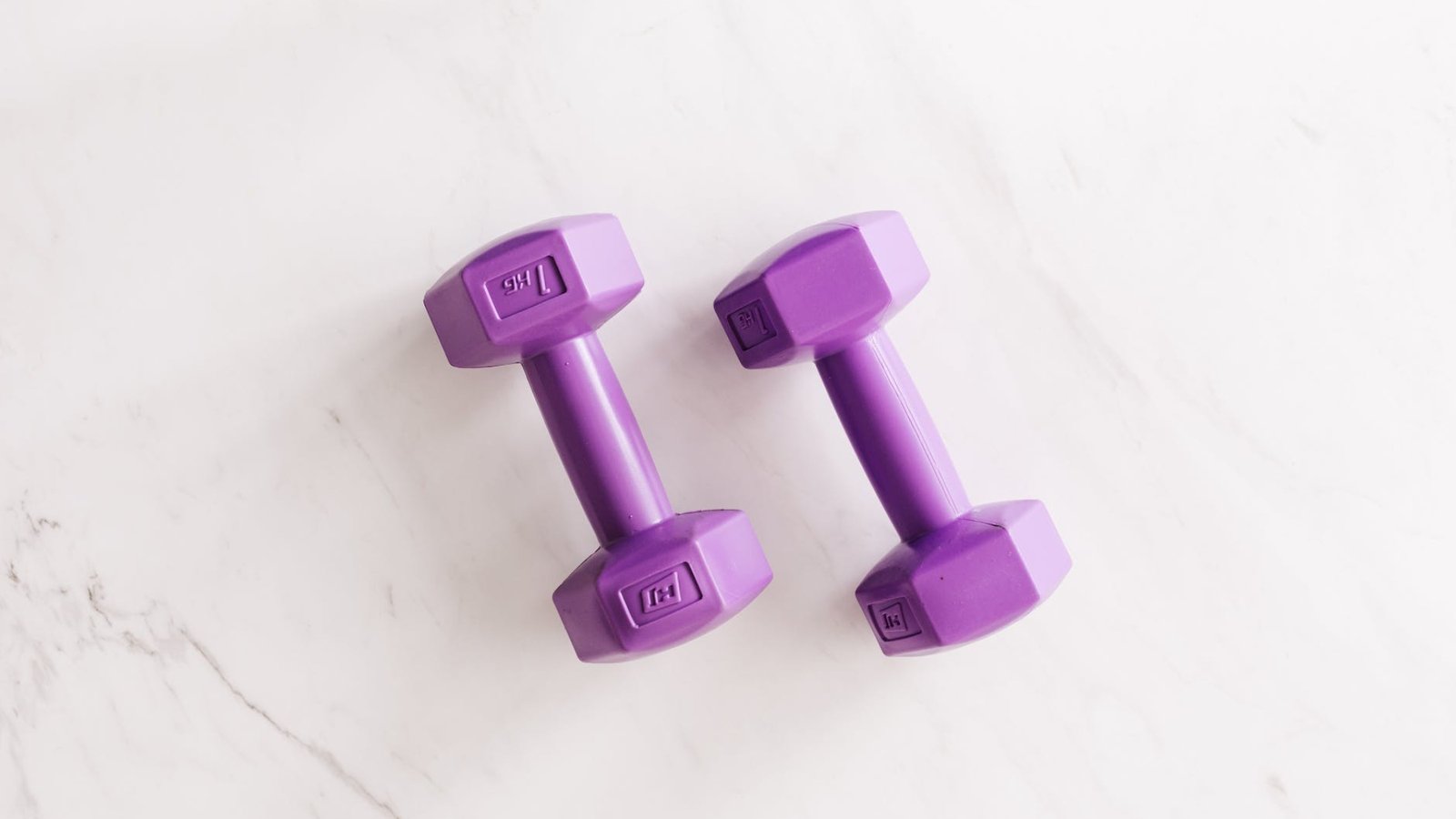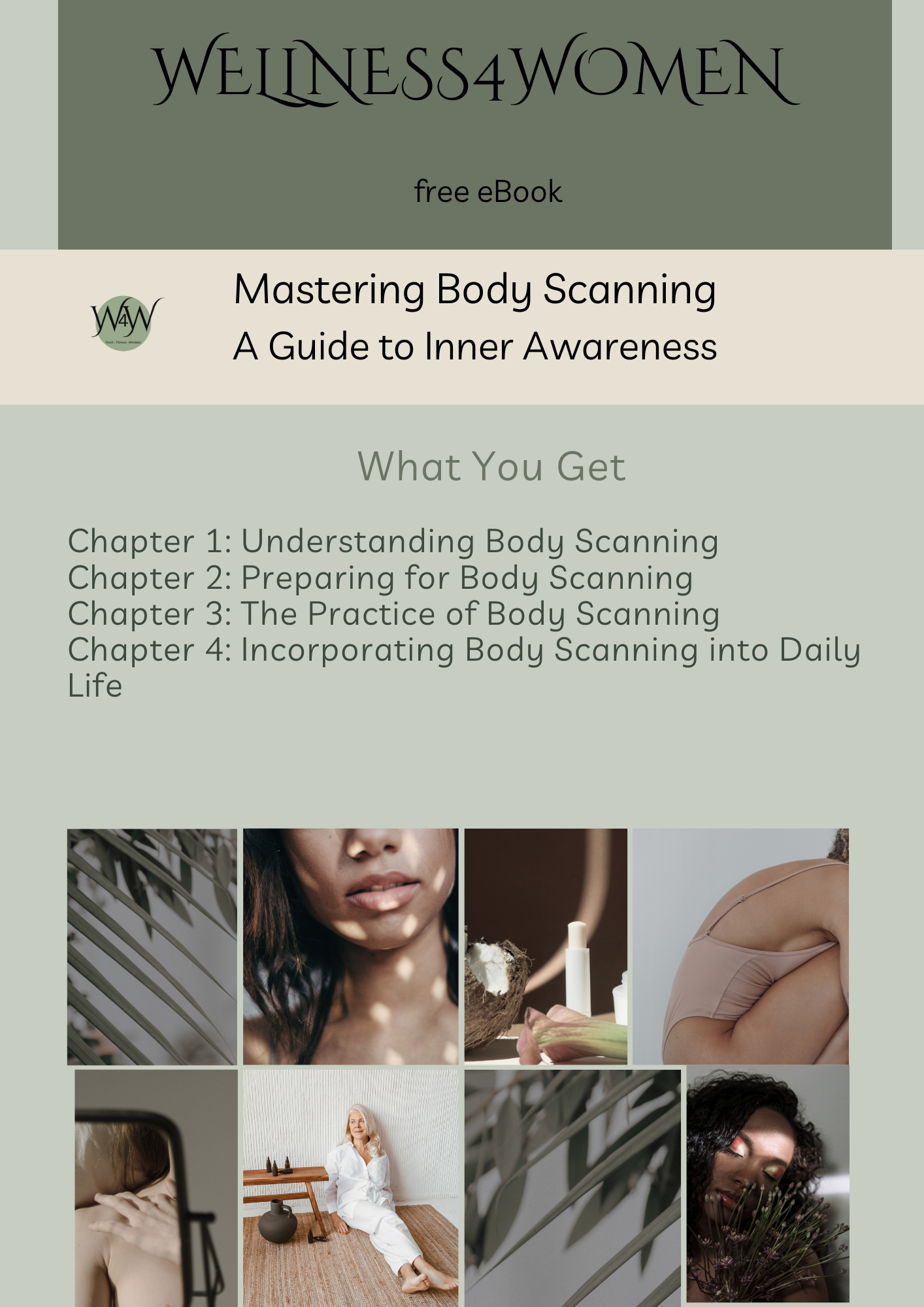I briefly share how I care for my bone health in this article. I suffer from osteoarthritis, which is another reason I engage in daily weight-bearing exercise. Within my daily routine, I combine weight-bearing exercises with good nutrition.
My mother suffered terribly from osteoporosis. Some research indicates that osteoporosis can be hereditary. So I became very interested in my bone health. As a young woman, I had many osteoporosis patients when I was nursing in Australia. During this time, I became acutely aware of their intense suffering. I didn’t want that, which compounded my desire to learn and practice bone health.
Over the years, I have researched and learned much about osteoporosis prevention. I have applied it to my life over the last fifty years. And to date, I have sound solid bones.

What is Osteoporosis?
Osteoporosis is a condition that weakens bones, making them more prone to fractures. Regular weight-bearing exercises help to stimulate bone growth. It can also improve bone strength and reduce the risk of fractures.
Build Your Bones
Weight-bearing exercises can build new bone even into old age. If you are elderly and have never embarked upon a weight-bearing regime, it’s not too late to start. You will significantly benefit from regular weight-bearing exercise no matter your age.
Weight-bearing workouts are crucial in preventing osteoporosis and maintaining healthy bone density.
These exercises can include activities that make you work against gravity. Weight-bearing exercises can be tailored to your fitness level and preferences.
Weight-bearing exercises include walking, jogging, hiking, dancing, stair climbing, and weightlifting.
Weight-bearing activities help your muscles and bones to work together. Strong muscles and bones help to support your body weight.
Avoid Falls
Weight-bearing activities stimulate the bone to become stronger. It also helps to improve coordination, balance, and stability, reducing the risk of falls. Fall prevention is another essential aspect of preventing osteoporosis-related fractures.
Feed Your Bones
Weight-bearing exercises alone may not be enough to prevent osteoporosis. A well-balanced diet rich in calcium and vitamin D is also essential for maintaining bone health.
Avoid tobacco and excessive alcohol consumption, which can contribute to bone loss.
Before starting any exercise regimen or lifestyle changes, please consult your healthcare provider or a qualified fitness professional. This is very important in ensuring your safety. You will receive personalized advice based on your needs and medical history.

To prevent osteoporosis, here are some Easy steps you can take:
Get adequate calcium and vitamin D:
Calcium is important for maintaining strong bones, and vitamin D helps with calcium absorption. Include calcium-rich foods such as dairy products, leafy green vegetables, and fortified foods. Spend some time outdoors to ensure your body produces vitamin D, or consider taking supplements if needed.
Engage in regular weight-bearing exercise:
Physical activity that stresses your bones can help stimulate bone growth and prevent bone loss. Exercise options like walking, jogging, dancing, weightlifting, and yoga can benefit your bones.
Maintain a healthy lifestyle:
Avoid smoking and excessive alcohol consumption, which can increase bone loss. Also, limit your caffeine intake, as high amounts of caffeine may contribute to osteoporosis.
Eat a well-balanced diet:
Besides calcium-rich foods, ensure a balanced diet with enough protein and other essential nutrients for overall bone health. Consider consulting with a registered dietitian who can provide personalized advice.
Prevent falls:
Taking steps to avoid falls is essential for preventing fractures, especially for individuals at higher risk of osteoporosis. Ensure your home is free from hazards, use assistive devices like handrails or grab bars, and wear appropriate footwear to promote stability.
Consult with your healthcare provider:
If you have concerns about osteoporosis, speak with your doctor. They may recommend a bone density test. This test assesses your bone health. And the Doctor may suggest additional preventive measures or treatments if necessary.
Remember, these steps are general recommendations. It’s always a good idea to consult with a healthcare professional. It’s necessary to get personalized advice based on your specific health needs.
Thank you for reading to the end.
For more articles, visit Your Wellness Matters at www.paularoseparish.com. We collect Donations for Welsh Women’s Aid -Thrive the Pt Talbot division. If you wish to find out more & donate, click HERE.
And If this article has helped you in a small way, please like it and feel free to comment.
Please follow and subscribe to receive regular updates, which will help me reach more people and to grow my platform?—?thank you.
I have worked internationally with over 40 years of experience, having a Bachelor of Pastoral Counselling and Theology and a Master of Arts in Counselling & Professional Development. BACP Life Coaching Certificate. I currently work as a Christian educator, blogger, author, and grandmother living with my two dogs in Wales, UK.
If you wish to connect with me, please do so on paularoseparish@gmail.com
?Want to help support me as an author? My books are available at AMAZON.
?Nothing Good about Grief: Path to Recovery with Psalm 23 after COVID-19 & other losses.
?Psalm 23 Unwrapped: Hope in Difficult Times.
Follow me on Pinterest?—?https://www.pinterest.co.uk/proseparish/
Follow me on Medium- www.medium.com/@paularoseparish_54798
Follow me on Facebook- https://www.facebook.com/paula.roseparish.5/
???? Follow me ? Instagram: https://www.instagram.com/paularoseparish2020/?hl=en FACEBOOK: https://www.facebook.com/paula.roseparish.5/
LINKEDIN: https://www.linkedin.com/in/paula-rose-parish-6320a6181/




